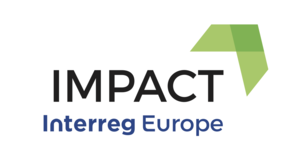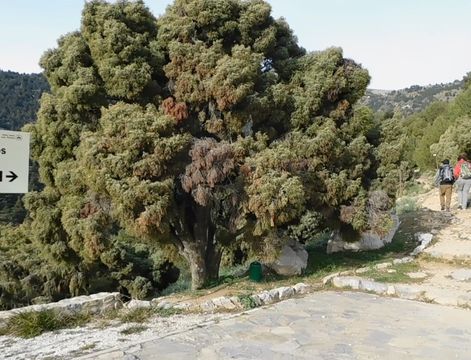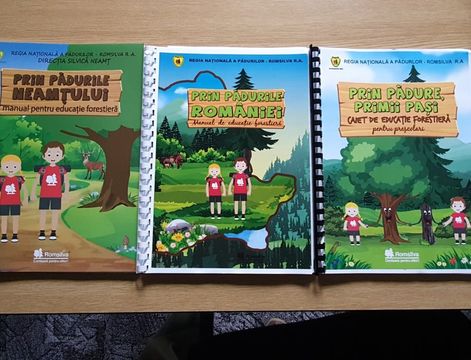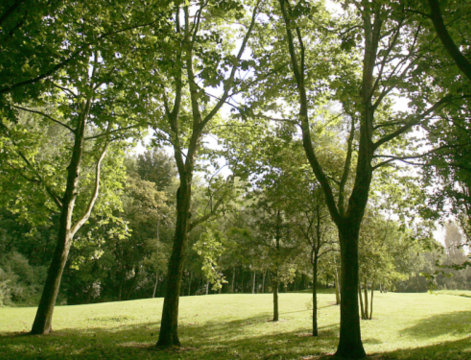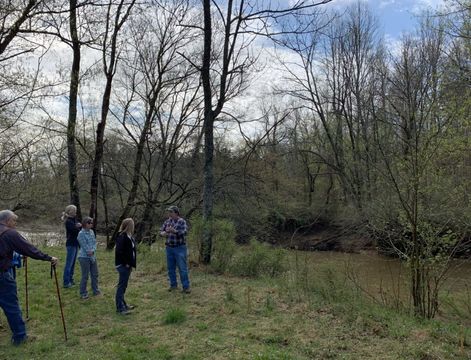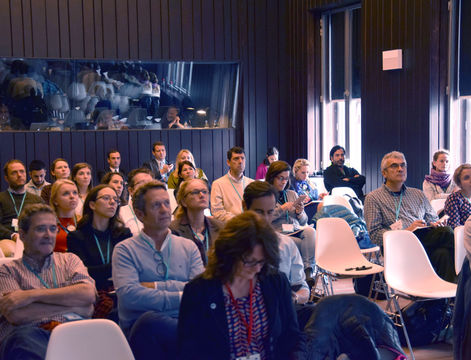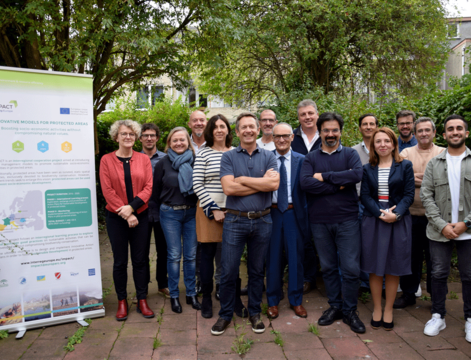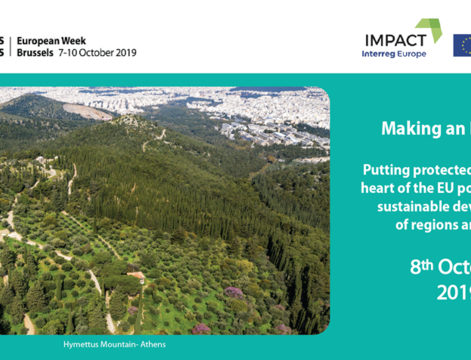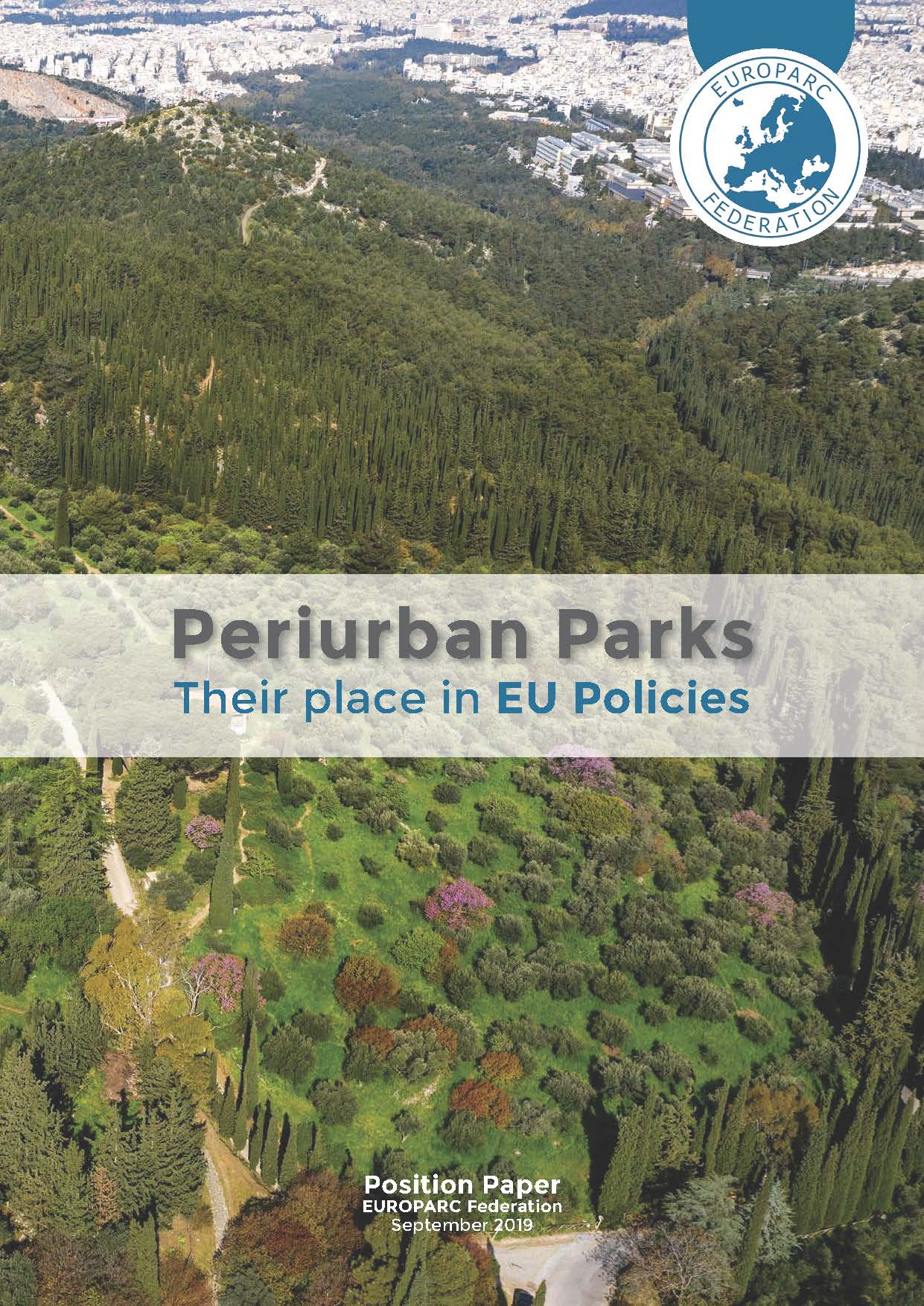On April 10 & 11, 2019 took place in Brussels the 5th edition of the International Forum of Interregional Cooperation Europe, Let's cooperate!, an event organised by the Interreg Europe programme.
IMPACT project was represented by Mrs Cristina Lixandroiu from PP5, National Institute for Research and Development in Tourism at the "Policy change exhibition", where all actions plan elaborated in the project were disseminated. In particular, the Forest Education Manual "Through the Neamt Forests", an action implemented by the Vânători Neamţ Natural Park Administration Administration was showcased.


Participating in these exhibitions was an opportunity to present the results obtained in different regions of Europe and the differences identified in other parts of Europe. The exhibition was divided into four thematic areas of the program.
The event was attended by representatives of the projects approved in the 4 calls, representatives from different countries of Europe who consider the importance of participating in such an event to disseminate a project idea in order to get to know more people who are interested in the same theme.
On April 10, 2019 the INCDT representative participated in the Interregional Cooperation Forum, where the following was discussed:
- the importance of Interreg Europe for Cohesion Policy through the importance and role of interregional cooperation,
- cooperation, laying the groundwork and paving the way for the regions to realize their full potential as the objective of the action,
- impact of interregional cooperation.
In addition, it was also presented the results of the projects under the second phase of the program, the implementation of the action plans with concrete results on the change of the political instruments, the presentation of the people behind the projects, the sharing of the stories they passed and the learning of the results obtained by the applied methods.
The following projects were demonstrated: BID-REX, PERFECT, SET-UP, OSIRIS. Each project presenting the method by which the project is innovative and bringing something new to the partners and region involved.
On April 10, 2019, the INCDT displayed the implementation of the IMPACT project in the session devoted to exploring the experience gained. In this session, activities were organized in such a way to provide many opportunities for networking, building new contacts and meeting peers from other regions.
INCDT participated in the exhibition aiming to disseminate and discover the results of the implemented projects and the good practices identified in the different thematic sections of the program.
From IMPACT project, the already implemented action was to disseminate at this event: "youth awareness of biodiversity and respect for protected natural areas". This action has been implemented by Vânători Neamţ Natural Park Administration by developing and disseminating the Forest Education Manual, in order to value and to be aware of the importance of the forest among schoolchildren.
Besides, thematic sessions were organized, in which each participant of the event could participate and get information about project outcomes and how to influence the political instrument.
The second day of the event, April 11, 2019, was dedicated to sharing the experience gained in the first phase of the projects.
The event began with a brief introduction and a presentation of the event agenda, with a general view on the action plan monitoring, some tips to get successful action plans. Here also were briefly presented three projects considered successful in implementing the Action Plan, namely the TITAN, RESOLVE and ZEROCO2 project.
Discussions among small working groups on stakeholder mobilization were also carried out: identifying key challenges or identifying solutions to keep local stakeholders involved in projects and how to build and maintain stakeholder interest.
Another working group was structured on ways to transfer best practices and lessons learned experiences during study visits: how can they identify good practices that can be implemented within the region, which could be the key steps in transferring good practices between regions, what are the differences in the regions in adopting a good practice and adapting to the local context.
